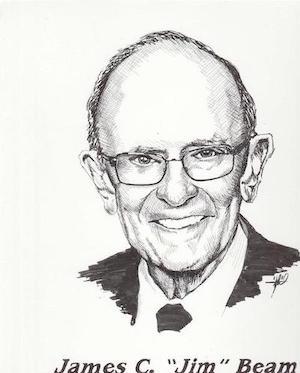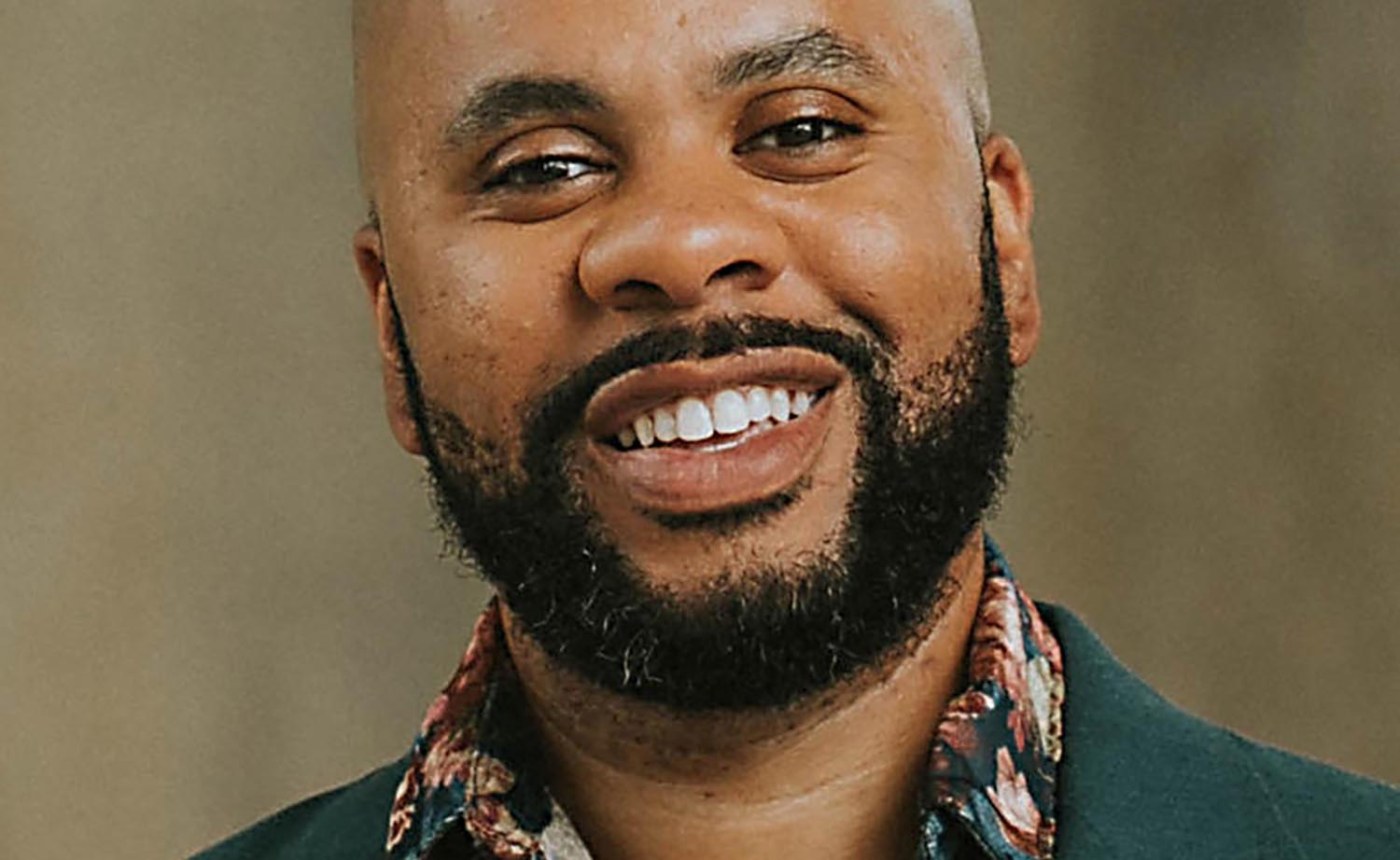Political contributions play a significant role in shaping higher education leadership in Louisiana, as highlighted by recent developments surrounding the appointment of university presidents. Investigative reporting by Tyler Bridges of The Advocate scrutinizes how Governor Jeff Landry has wielded his influence in selecting top officials, notably Wade Rousse, the new president of Louisiana State University (LSU).
Bridges’ investigation reveals that Rousse’s ascension to the presidency was significantly supported by Landry, with the selection process allegedly prioritizing political connections over academic qualifications. Rousse, who previously served as president of McNeese State University, was appointed LSU’s 29th president in a process described as lacking transparency.
Critics, including Kedrick A. Nicholas, senior vice president at McNeese, praised Rousse’s leadership, noting the university’s growth under his tenure. Nicholas remarked, “He has given his all to our institution for the last six years and deserves an opportunity to flourish at a higher level.” Rousse holds a Ph.D. in economics and has a strong business background, having joined McNeese in 2019 as dean of the College of Business.
Landry has been vocal in his support for Rousse, stating, “He’s the only president that over the last five years has been able to take a university and actually put it in the black.” His endorsement, however, raises questions about the integrity of the selection process. Lee Mallett, a businessman and member of the LSU Board of Supervisors, played a pivotal role by facilitating meetings between Rousse and board members, further illustrating the intertwining of political contributions and university leadership.
The implications of these appointments extend beyond individual universities. According to Bridges, Landry’s influence is set to grow, as he has the authority to appoint two more university presidents within the state. This follows a law passed by the Louisiana legislature that empowers the governor to appoint the chairs of university boards, which are responsible for selecting presidents. This law has raised concerns about the potential erosion of the independence of higher education governance.
Bridges’ report indicates that Landry’s appointments have been strategic. He appointed Mark Romero as chair of the University of Louisiana board and Scott Ballard as chair of the LSU Board of Supervisors. Both individuals have strong ties to Landry and have financially supported his political campaigns. This has positioned Landry to exert significant influence over university leadership decisions, as illustrated by the rapid appointment of former Louisiana Supreme Court Justice Jimmy Genovese as president of Northwestern State University.
The article highlights the concerns of former state senator Jay Dardenne, who argues that university governance should be independent of political favoritism. He warned, “The governance of a university ought to rest with the governing board rather than be a political favorite of the governor,” emphasizing the potential risks to university accreditation and integrity.
Mallett’s efforts to promote Rousse included arranging dinners and meetings with influential board members, showcasing how political contributions can significantly impact decision-making processes within educational institutions.
This situation presents a complex narrative of how political influence can shape the future of higher education in Louisiana. As Landry continues to solidify his control, the implications for the state’s universities and the students they serve remain to be seen.
Jim Beam, a retired editor with over sixty years of experience in journalism, emphasizes the importance of transparency and accountability in the political processes that govern educational institutions.







